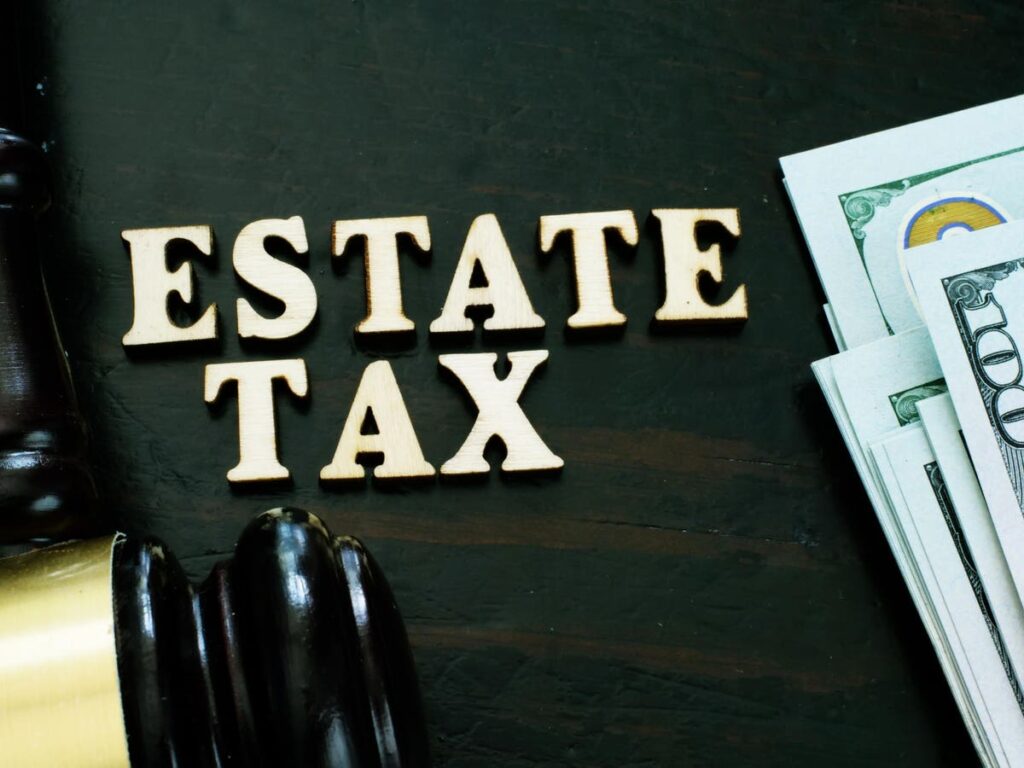he Joint Committee on Taxation has just released the attached description of the tax provisions contained in the reconciliation legislation and it provides for a $15 million permanent estate tax exemption. Lots of implications to this, if it is enacted:
- No need to rush planning to use an exemption that was supposed to be cut in half in 2026. It may not be, but, consider that this still has to be enacted.
- The new $15 million exemption will take effect in 2026 so it will be a bit greater than the inflation adjusted exemption that might have otherwise been applicable under current law, but it will be more than double what the reduced exemption would have been under current law. Remember, when the 2017 Tax Act doubled the exemption from the prior $5 million inflation adjusted to $10 million inflation adjusted that bonus exemption was supposed to sunset in 2026. Since the Republican election victory all tax advisers have speculated that the reduction might not occur. The provisions just released by the Joint Committee on Taxation seem to confirm that.
- Might the increase in exemption mean that the Republicans may not push for the repeal of the estate tax in its entirety? That might be a more likely outcome that some have speculated. That has profound planning impact on the uber wealthy in that they should continue to plan aggressively as the tax may not disappear.
Here’s the Joint Committee’s Actual Proposal
“The proposal permanently increases the unified estate and gift tax exemption to an inflation-indexed $15 million for taxable years beginning after December 31, 2025. Accordingly, the generation-skipping transfer tax exemption is also permanently increased to an inflation-indexed $15 million. The $15 million exemption amount is indexed for inflation with a base year of 2025. Accordingly, the exemption amount is $15 million for decedents dying and gifts made in calendar year 2026 and increases with inflation thereafter.”
What Does This Really Mean to Your Planning?
While the pressure might be off to get planning completed by year end, if you still haven’t planned to use your estate before the 2026 reduction (which now looks less likely to happen) you’ve been procrastinating. That’s not good for you and your heirs. Note “you” was included as well as your heirs. Most folks assume, quite incorrectly, that estate planning is only about getting more chips to the next generation. Not so. Estate planning done well and comprehensively is also about protecting YOU (caps intended). We live in an incredibly litigious society. Nothing that happens in Washington with tax legislation now or in the future is likely to affect that. Estate planning done well can protect some of your assets from claimants and creditors, regardless of the estate tax implications. So, reason one to have planned, to plan now, and to continue to plan, is protecting your wealth. This goal applies to almost everyone (albeit in varying degrees).
Another reality is the continuous changes in the tax laws. Anyone following estate tax proposals and laws enacted must have a bit of whiplash from turning their head back and forth so many times. Whatever tax laws are enacted by the current administration it will likely be changed by a future administration. Keep in mind this is all still at the proposal and negotiation stage, it may change or be modified several times before anything is enacted. So, for those with meaningful wealth that might be subject to an Elizabeth Warren type of wealth tax, or a Bernie Sanders type of estate tax (perhaps we’ll get a $3.5 million exemption with the next election!) why not plan now?
Finally, planning now might facilitate also creating state or federal income tax savings. As but one example, if you create a trust that pays its own tax (complex or non-grantor trust) in a no tax state and avoid income tax in the high tax state you live in.
What To Do Now?
Keep planning. Plan to take advantage of the many really important non-estate tax opportunities planning can offer. In short, take planning steps that make sense regardless of what happens with the estate tax as it will probably change again, and again, and….
Read the full article here

